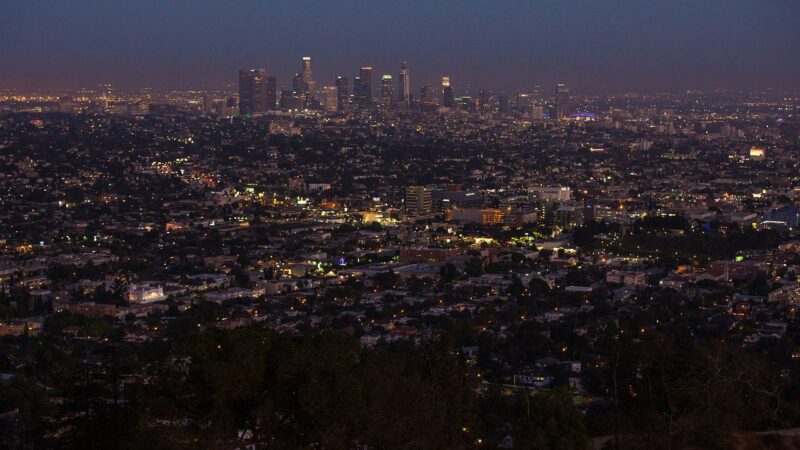
UCLA Newsroom: Clean energy revolution may leave disadvantaged communities behind
Study finds affluent L.A. neighborhoods use more energy and reap greater benefits from government incentive programs. The energy system, as it exists today, places a larger burden of cost on those who can least afford it, says co-author Stephanie Pincetl, a professor-in-residence at the UCLA Institute of the Environment and Sustainability. Ironically, it also rewards those who consume the most energy by giving them access to a host of programs, incentives and other benefits. “Policy aims need to get beyond efficiency to address absolute levels of consumption and to reflect reasonable need rather than excessive use,” Pincetl said. “If not, efficiencies will continue to chase increased demand with limited effect, and the disadvantaged communities will be left out of improving their well-being, though they use the least energy of all…. we must ask ourselves how much energy is enough to live a decent and modern life,” Pincetl said.
